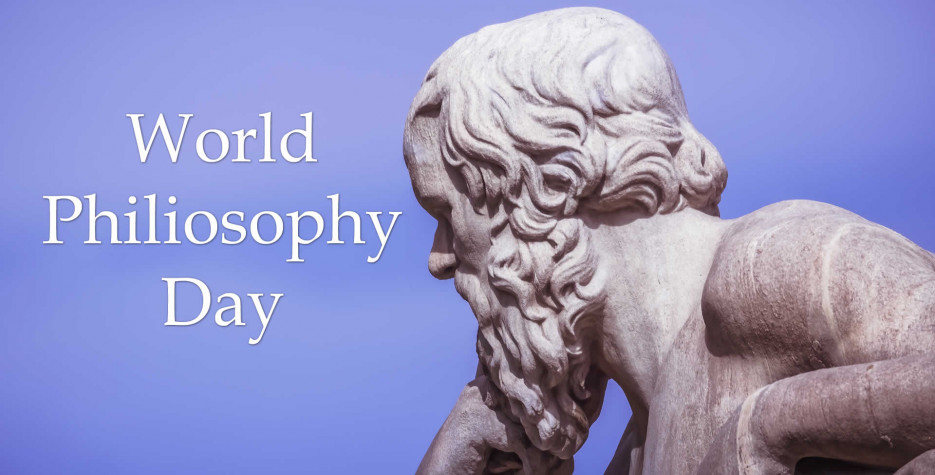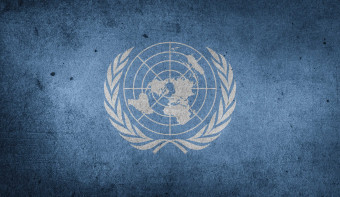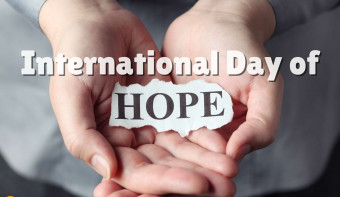About World Philosophy Day
Every third Wednesday of November, the world gathers to celebrate World Philosophy Day, an initiative by UNESCO (United Nations Educational, Scientific and Cultural Organization) that highlights the importance of critical thinking, dialogue, and reflection. Established in 2002, this day serves as a reminder of the enduring value of philosophy in navigating the complexities of our world.
A Day to Think about Philosophy
Philosophy, often regarded as the "mother of all sciences," extends beyond a mere academic discipline. It invites us to explore fundamental questions about existence, knowledge, ethics, and reality. It encourages individuals to engage in open discussions, challenge assumptions, and cultivate a deeper understanding of the world around us.
At its core, World Philosophy Day seeks to promote the universal nature of philosophical inquiry as a means to foster peace, tolerance, and mutual respect. In a world marked by diverse beliefs and perspectives, philosophy acts as a bridge, facilitating dialogue between cultures, religions, and civilizations. It encourages us to listen attentively, understand empathetically, and appreciate different points of view.
Throughout history, philosophy has been the catalyst for groundbreaking ideas that have shaped societies. Thinkers like Socrates, Confucius, Aristotle, and many others laid the foundation for critical thought, ethical inquiry, and societal progress. Their teachings continue to resonate, reminding us of the enduring relevance of philosophical discourse.
Why celebrate World Philosophy Day?
In today's fast-paced and interconnected world, World Philosophy Day serves as a poignant reminder of the need to pause, reflect, and engage in meaningful conversations. It encourages education systems to integrate philosophical teachings, cultivating inquisitive minds capable of analyzing, questioning, and interpreting the complexities of our existence.
This day is marked by various events worldwide, including seminars, lectures, debates, and cultural exhibitions. These activities aim to bring people together, encouraging them to delve into philosophical topics, exchange ideas, and broaden their perspectives. From university campuses to community centers, individuals engage in dialogues that transcend boundaries, fostering a culture of tolerance and understanding.
Furthermore, the celebration of World Philosophy Day emphasizes the importance of philosophical literacy for young minds. It encourages educators to incorporate philosophical concepts into school curricula, empowering students to think critically, reason logically, and develop a strong moral compass.
In an era where information overload and polarization often dominate public discourse, the observance of World Philosophy Day is a call to action. It prompts us to seek clarity amidst ambiguity, encourage civil discourse amidst disagreement, and embrace diversity amidst differences.
As we commemorate World Philosophy Day, let us acknowledge the timeless significance of philosophical inquiry in shaping our understanding of the world. Let us engage in thoughtful discussions, celebrate diverse perspectives, and strive for a more inclusive and harmonious global community—one that values the pursuit of wisdom, empathy, and mutual respect.
In the words of Aristotle, "The more you know, the more you realize you don't know." This sentiment encapsulates the essence of World Philosophy Day—a day dedicated to embracing the spirit of inquiry and the endless pursuit of knowledge and understanding.
Similar Observances
International Day of Hope
Read More
Other Observances on November 19th 2026
Great American Smokeout
Read More
International Mens Day
Read More
National Carbonated Beverage With Caffeine Day
Read More










